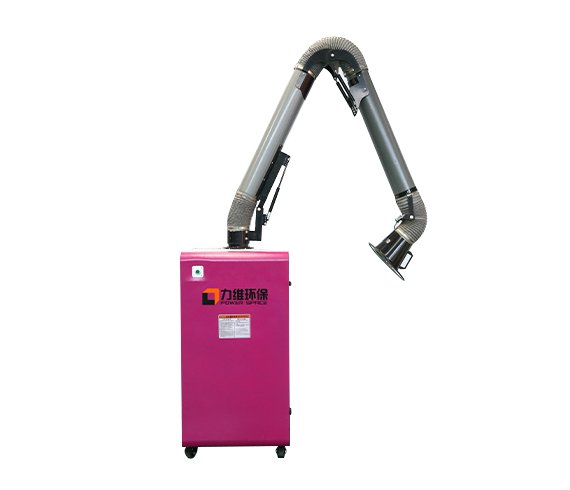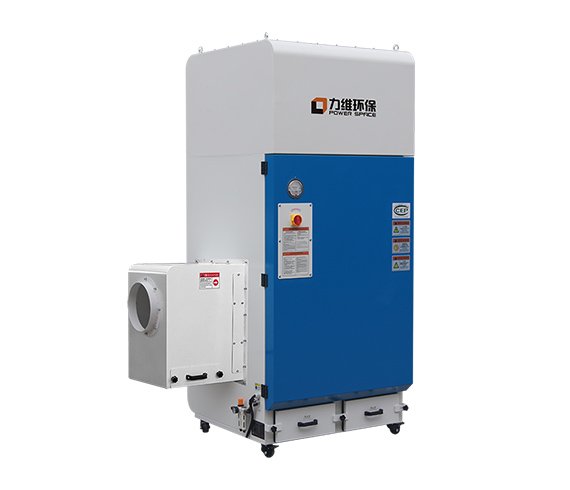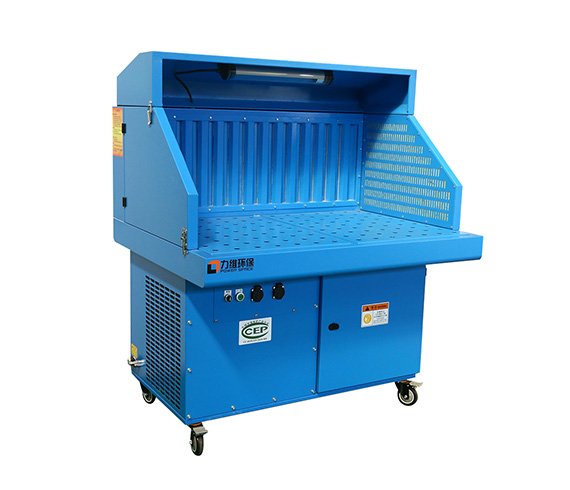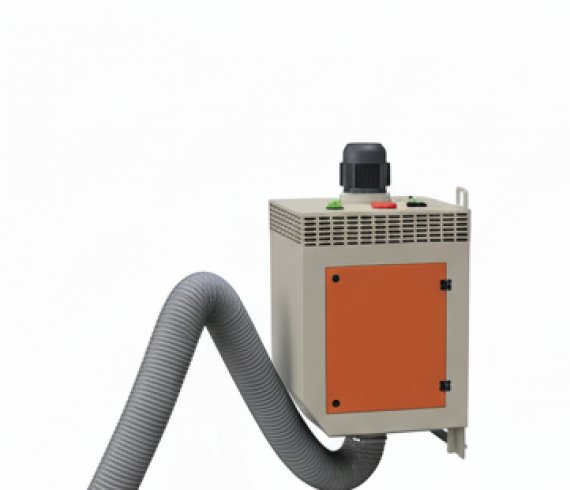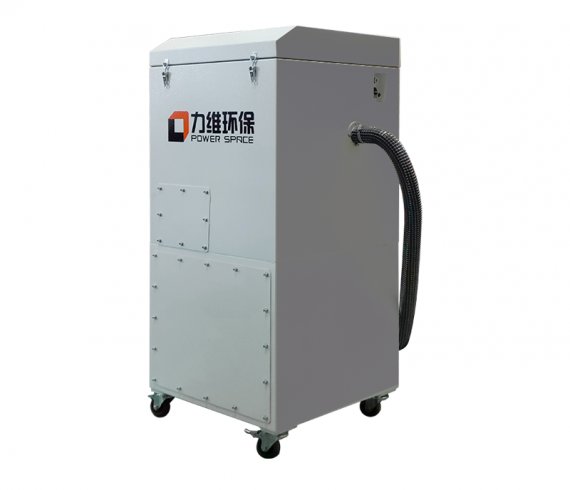News
Power Space tailor-made dust removal plan for you
Laser Cut Dust Extractor: The Complete Technical Guide for Manufacturers
Introduction to Laser Cutting Fume Challenges
Laser cutting operations generate hazardous byproducts that demand specialized extraction solutions. A high-efficiency laser cut dust extractor is essential for maintaining clean air quality, protecting sensitive equipment, and ensuring regulatory compliance. This technical guide examines the critical components and specifications manufacturers need to evaluate, including requirements for laser cut dust extractor with CE certificate models in European markets.
Industrial laser cutting produces three primary contaminants:
Ultra-fine particles (0.1-10 microns)
Toxic fumes (varies by material)
Combustible dust clouds
Without proper extraction, these byproducts cause:
Respiratory health risks for operators
Premature wear on laser optics
Potential fire/explosion hazards
Regulatory compliance violations
How Laser Cut Dust Extractors Work
Modern laser cut dust extractor systems utilize a four-stage process:
1. Source Capture
Adjustable extraction arms position within 6-12" of cutting point
Capture efficiency: 90-95% at source
Custom hood designs for different laser machines
2. Primary Separation
Cyclonic action removes 80% of particulate >5μm
Heavy particles fall into collection bin
Reduces load on main filters
3. HEPA Filtration
Removes 99.97% of particles ≥0.3μm
Certified H13/H14 filters
Automatic pulse cleaning systems
4. Exhaust
Clean air recirculation or exterior venting
Optional carbon filtration for odor control
Noise levels <70 dB(A)
For EU compliance, a laser cut dust extractor with CE certificate must include additional safety interlocks and documentation.
Key Components Breakdown
1. Filtration System
| Component | Function | Maintenance |
|---|---|---|
| Pre-filter | Captures large debris | Weekly cleaning |
| HEPA Filter | Fine particulate removal | 6-12 month replacement |
| Carbon Layer | Gas adsorption (optional) | Annual replacement |
2. Airflow System
Blower Type: Centrifugal
CFM Range: 800-3000 (based on laser power)
Static Pressure: 8-12 inches WG
Variable Speed Control: 30-100% adjustment
3. Fire Safety Features
Spark detection sensors
Automatic shut-off valves
Flame-retardant filters
Suppression gas ports
4. Control System
Touchscreen interface
Pressure differential monitoring
Filter change alerts
Remote connectivity options
Installation Best Practices
System Layout
Position extractor within 15ft of laser
Minimize duct bends (max 45° angles)
Ensure adequate service clearance
Electrical Requirements
Voltage: 380-480V 3-phase
Power: 5-15kW
Grounding: <1 ohm resistance
Performance Verification
Conduct smoke capture test
Measure airflow at extraction points
Verify pressure differentials
Test safety interlocks
Maintenance Protocols
Daily Checks
Empty collection bin
Inspect filter pressure
Verify safety systems
Weekly Tasks
Clean pre-filters
Check duct integrity
Test alarm functions
Monthly Procedures
HEPA filter inspection
Blower bearing lubrication
Electrical connections check
For laser cut dust extractor with CE certificate units:
Maintain all compliance documentation
Use OEM-approved replacement parts
Keep detailed service records
Recommend Laser Dust Extractor Models
LW12 Series laser dust extractor
Wide Material Compatibility – Efficiently handles carbon steel, stainless steel, aluminum sheet, and other metal laser cutting applications.
Flexible Deployment – Optimized for automated cutting lines, heavy industrial plants, and dedicated laser cutting zones.
Enhanced Safety Design – Features anti-static cartridge filters with integrated spark arrestor for reliable operation.
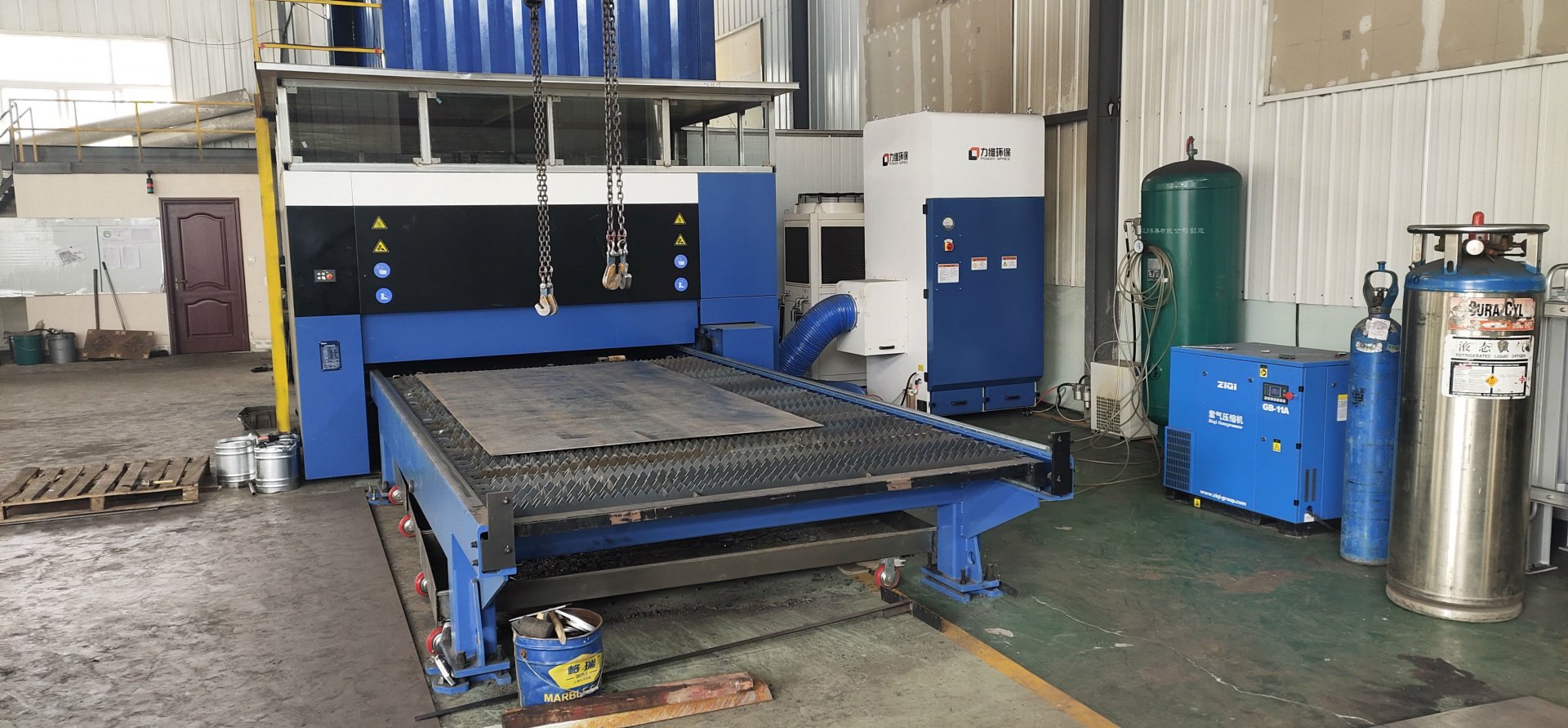
Conclusion
Selecting the right laser cut dust extractor requires careful evaluation of technical specifications, filtration needs, and compliance requirements. For European operations, a laser cut dust extractor with CE certificate provides guaranteed adherence to strict safety standards while ensuring optimal particulate capture. By understanding the components, installation parameters, and maintenance needs outlined in this guide, manufacturers can implement extraction systems that protect both workers and equipment while maintaining production efficiency.
Investing in proper laser fume extraction isn't just regulatory compliance—it's a critical component of sustainable, safe manufacturing operations.


